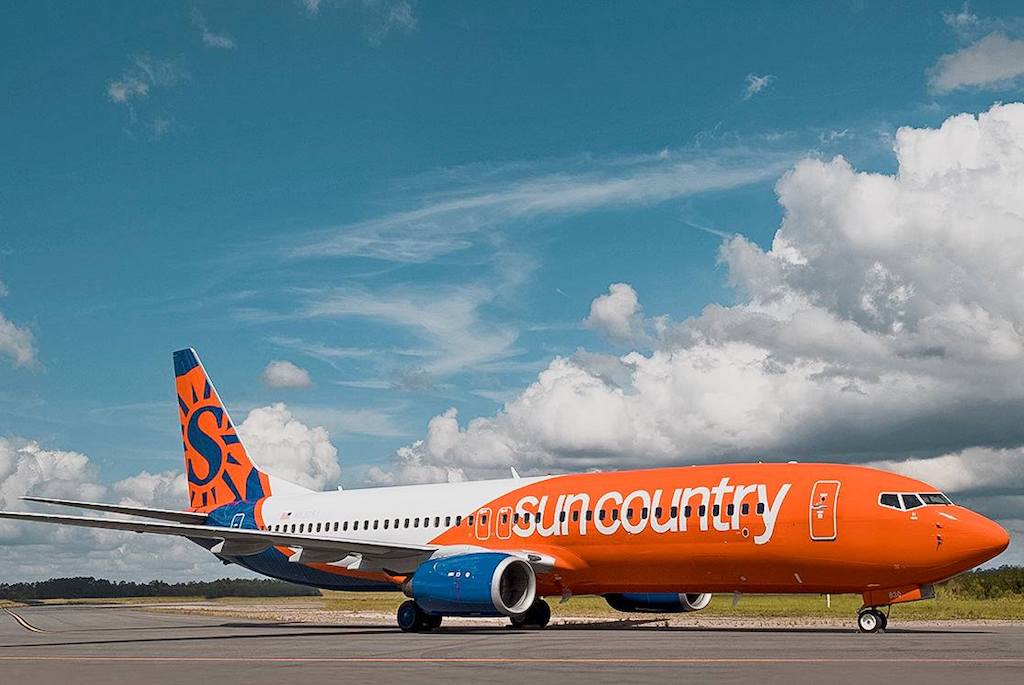Sun Country: Inside America's Most Unusual Airline

Skift Take
We always hear airlines are a scale business. So can an airline with 30 airplanes and a measured growth plan succeed? We're not sure, but we'll be watching.
After Jude Bricker took over as CEO of Sun Country Airlines in mid-2017, he figured it would be an easy turnaround. He was leading a quixotic, perennially underperforming airline owned by two brothers — pillars of the Minneapolis/St. Paul community for their quartz countertop and dairy businesses — with no airline experience.
Bricker, who had spent more than a decade at Allegiant Air, would add more economy seats, cut first class, institute fees for carry-on bags, retire smaller, less cost-effective jets, change the loyalty program, switch from employees to contractors for ground operations and buy airplanes, rather than pay the astronomical lease rates previous management negotiated. He'd also expand beyond Minneapolis, sending aircraft on any routes he thought could make money.
Most of it was from from a classic playbook, successfully implemented by low-cost airlines worldwide, including Spirit Airlines, Frontier Airlines, and Ryanair. At first, customers may complain, but soon they understand the value proposition: An airline that lowers its costs can offer cheaper fares, and more of them.
But not this time, at least not yet. Sun Country, which was bought in late 2017 by a private equity firm, has struggled at times to win customers with its new approach, in part because of a couple of high-profile operational miscues that have affected public perception.
"The execution turned out to be a lot harder," Bricker said. "The perception from the community was that we were a bunch of outsiders coming in and taking away a brand and company from them that they had a lot of affinity to, and they reacted somewhat negatively to that process. I thought we would be further along by now."
An Airline Like no other in the U.S.
Before selling Sun Country to private equity firm Apollo Global Management in 2017, the Davis Brothers ran it like a mom-and-pop operation, naming planes after local lakes, keeping first class because they liked owning a premium airline, and operating a frequent flyer program in which they could dole out elite status to friends.
They had bought Sun Country 2011, after its second bankr
